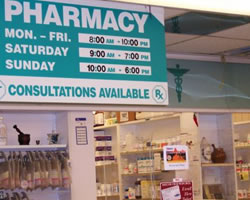Patients with higher levels of trust in their regular physicians are more likely than patients with less trust to have better care, a new study finds.
"Increasing patients� trust in a physician may be associated with improvement among patients in two important areas: getting care promptly and getting needed health care," the authors write in the December issue of the journal Health Services Research.
"This study emphasizes the importance of examining multiple levels of the context of health care simultaneously," said lead author Stefanie Mollborn of Stanford University. "We found that insurance status and poverty, and race-ethnicity factors influence the interaction level aspect of trust and its associations with unmet needs and delayed care."
The researchers measured the association of trust with unmet health care needs and delayed care in patients from a variety of ethnicities and income levels who had a regular physician.
They found that less trust was associated with delayed care and especially with unmet health care needs in most patients; however, among African-Americans, Hispanics, the poor and the uninsured, delayed care was not affected by trust.
Surprisingly, patients who are more educated are more likely to have unmet or delayed health care needs than patients with less education.
Peter Muennig, M.D., of Columbia University, said that some of the findings need to be examined more closely and the patients� characteristics disentangled.
"It could be that physicians who rush and fail to address all of a patient�s needs are leading to lower levels of trust," Muennig said. "If this is the direction of causality, then delayed care might be seen as an institutional factor and unmet needs as a personal factor between the provider and the patient."
HBNS









